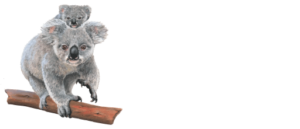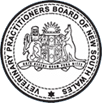During National Bird Week, we have been sharing advice from our veterinary team and experienced wildlife carers on the negative impacts of feeding native birds.
While encouraging wild birds to come to us for food can make us feel special, it is not in the best interest of the birds. Bird types commonly impacted are omnivores like magpies, currawongs, butcherbirds, crows and kookaburras.
What are the negative impacts?
- Birds need a nutritionally balanced natural diet that is composed of correctly balanced proteins, minerals, calcium and only a little fat.
- When adult birds feed their young human-sourced food, the chicks are likely to be malnourished and develop diseases such as metabolic bone disease.
- Feeding birds can increase their breeding and clutch size in areas where they can access more food. If they do not have to search for food, the birds will have more time for other activities such as territorial disputes.
- Too many birds that have carnivorous diets will dramatically impact the smaller bird species, upsetting the ecological balance.
How can you interact with native birds in your gardens without feeding them?
- The best way to help native birds is to put out fresh clean water daily. Provide a shallow dish (ceramic plant saucers are ideal) so smaller birds and other wildlife do not become trapped and drown. A rock or stick can be placed in the water to help lizards and frogs gain easy access.
- Turning over a broken-down compost heap, digging up your garden for worms, and keeping a ‘wild’ section of your garden that encourages insects, will all help a variety of native birds.
- Plant a variety of trees and shrubs of different heights and density. A variety of habitat will help encourage a variety of bird species to your garden.
Thanks to Melanie Barsony from WIRES Northern Rivers and Dr Bree Talbot, Foundation Veterinarian, Byron Bay Wildlife Hospital for their expert advice!




